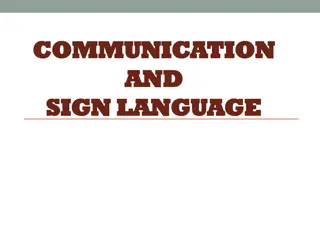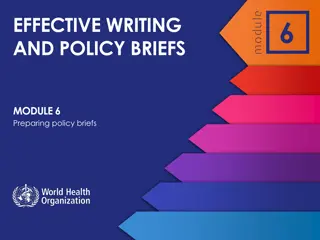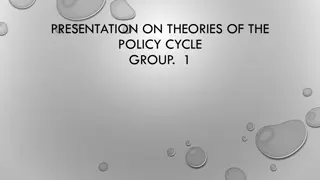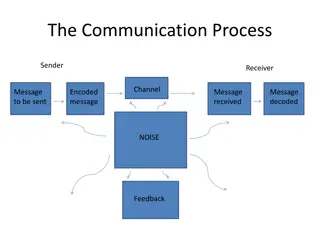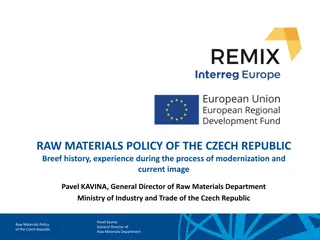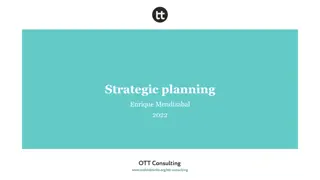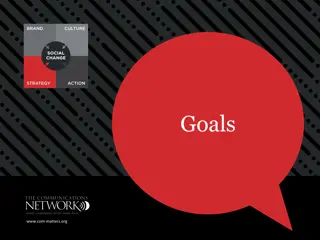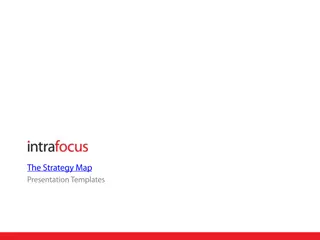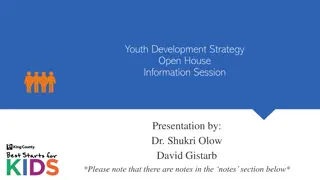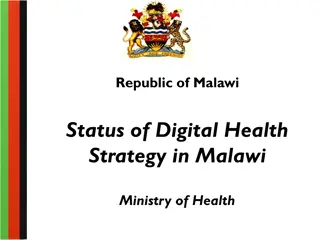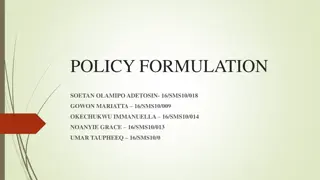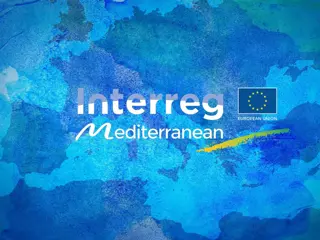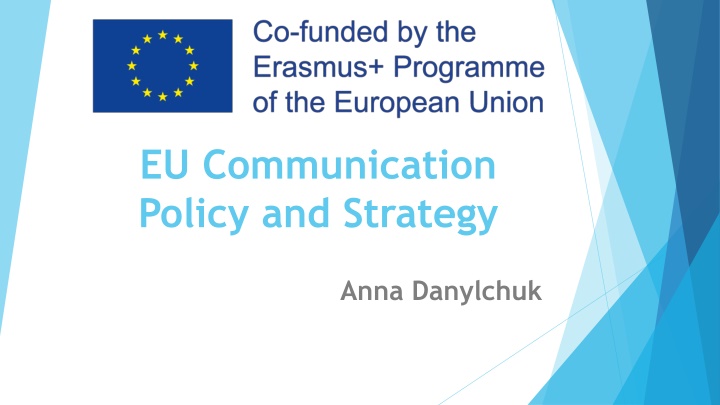
EU Communication Policy and Strategy Overview
"Learn about the strategic vision and operational context of the EU's Communication Policy and Strategy, including the role of spokesperson services and Commission representation offices. Explore how international, national, and regional factors impact communication efforts."
Uploaded on | 0 Views
Download Presentation

Please find below an Image/Link to download the presentation.
The content on the website is provided AS IS for your information and personal use only. It may not be sold, licensed, or shared on other websites without obtaining consent from the author. If you encounter any issues during the download, it is possible that the publisher has removed the file from their server.
You are allowed to download the files provided on this website for personal or commercial use, subject to the condition that they are used lawfully. All files are the property of their respective owners.
The content on the website is provided AS IS for your information and personal use only. It may not be sold, licensed, or shared on other websites without obtaining consent from the author.
E N D
Presentation Transcript
EU Communication Policy and Strategy Anna Danylchuk
Strategic vision for 2016 - 2020 Directorate-General for Communication DG COMM MISSION STATEMENT: Listen Advise Engage DG COMM, as a corporate communication service, brings Europe closer to its citizens Communication can only be successful if the Commission speaks with one voice, reflecting the principle of collegiality
Spokespersons Service (SPP) The Spokesperson s Service (SPP) is an integral part of the Directorate-General Communication under the direct authority of the President. The SPP supports the President's and the Commissioners' communication on the 10 political priorities of the Commission outlined in the Political Guidelines. This covers both pro-active and reactive communication with the overall purpose to provide the media with clear, accurate, comprehensive and timely information via all media channels. (DG COMM) placed
Operating Context Communication externalities of two types. typically is a flanking measure, subject to Firstly, communication actions and the perception of their effects are influenced by the content / substance of the dossiers supported by communication actions throughout the policy and decision making process (legislation and enforcement as well as programmes / EU (co- funding). Secondly, communication does not take place in a vacuum, but in a complex environment of 28 national public spaces and an emerging European Public Space, all of those heavily influenced by, among others, the following factors (mutually influencing each other):
Operating Context International, national and regional political factors International, national and regional economic factors Level of trust in political institutions (international, national) and in media Media habits/practice/attitude Technological developments, notably in the information and communications technologies
Commission representation offices The Commission s voice and monitor public opinion in their host country. They provide information on the EU through events and the distribution of brochures, leaflets and other materials. Upgrading the digital presence of Representations in all areas of their activity will involve investment in training and hardware, in particular for online communication. Social media activities should become communication channels complementing their political, activities. Commission representation offices act as the one of the main for Representations, and outreach media
DG COMM will continue to work on aligning communication action across the Commission to the 10 political priorities, focusing on: Prioritising through more efficient governance of the communication domain under the steer of DG COMM, notably through the Corporate Communication Steering Committee (meeting at senior management level). Professionalising the communication function, including the establishment of communities of expertise/competence in key areas such as online communication, audio visual and media monitoring and analysis. Performance measuring, so as to show a communication budget focused on results, which is also an essential element of accountability. Over the long term, the indicator of positive image of the EU (Eurobarometer) is at best a proxy for measuring the impact of this work.
Eurobarometer The Standard Eurobarometer was established in 1974. Each survey consists of approximately 1000 face-to-face published twice yearly. Reproduction is authorised, except for commercial purposes, provided the source is acknowledged. interviews per country. Reports are Special Eurobarometer reports are based on in-depth thematic studies carried out for various services of the European Commission or other EU Institutions and integrated in the Standard Eurobarometer's polling waves. Reproduction is authorised, except for commercial purposes, provided the source is acknowledged. Flash Eurobarometers are ad hoc thematic telephone interviews conducted at the request of any service of the European Commission. Flash surveys enable the Commission to obtain results relatively quickly and to focus on specific target groups, as and when required. Reproduction is authorised, except for commercial purposes, provided the source is acknowledged.
European Communication Monitor The transnational study on strategic communication worldwide. It has been conducted annually since 2007 with more than 30,000 participating communication professionals. Results of this year s monitor will be released at the end of June 2018 and presented in various countries throughout the year. European Communication Monitor is the largest
Conclusions: DG COMM provides 3 types of services for its three client groups (executive communication, corporate communication, citizens communication): Listen: As an executive service, DG COMM ensures that high quality country specific information and analysis are fed into the College s decision making process. Advise: As a corporate service, DG COMM ensures that all relevant Commission' services contribute to a coherent and effective corporate communication on the Commission's priorities. Engage: As a communication service, DG COMM ensures that a simple, clear and understandable message focussed on Commission's priorities is communicated to the media and other multipliers and to EU citizens and engages with them.



